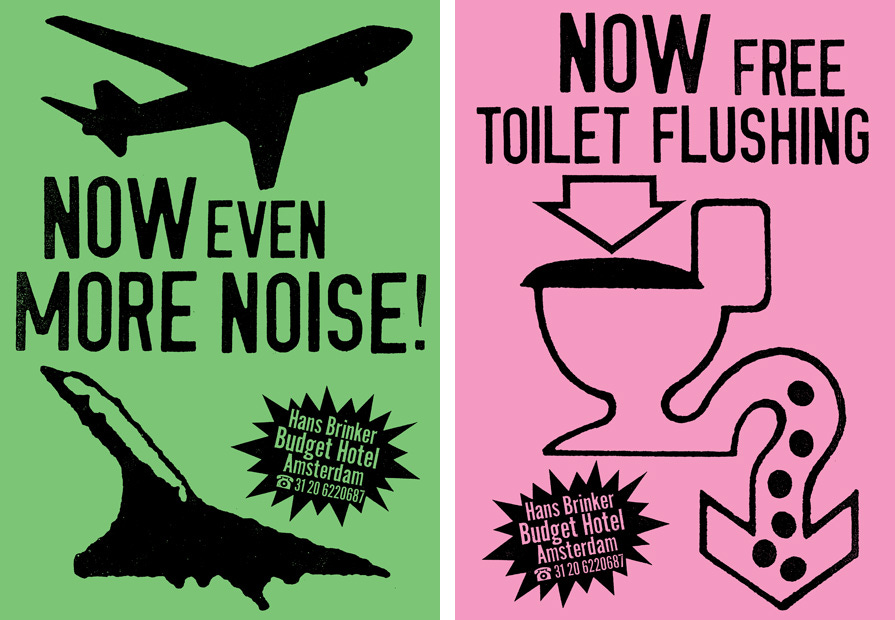Can messing up (a little) make you more likeable? 😅
We’ve all been there. You spill coffee on yourself before an important meeting, or accidentally send an email with “See Attacked” instead of “See Attached.” Embarrassing? Sure. But also… oddly endearing? That’s the Pratfall Effect in action, the psychological phenomenon that makes people more likeable when they reveal a flaw. The catch? You have to be competent in the first place. If you’re already seen as a disaster, another blunder just cements your status as a walking liability.
But when applied correctly, the Pratfall Effect isn’t just great for winning over strangers after an awkward slip-up—it’s a powerful tool in branding and leadership.
In branding: when admitting you're bad makes you look good
Brands spend billions trying to convince us they’re perfect, but the ones that really win us over? The ones that embrace their flaws. Take Domino’s, for example. Back in the early 2010s, they admitted what everyone was already thinking: their pizza was terrible. Instead of sugarcoating the truth, they leaned into it with their “Oh yes we did” campaign, openly acknowledging their cardboard crust and ketchup-like sauce—then showing how they were fixing it. The result? Sales skyrocketed.
Or take the Hans Brinker Budget Hotel in Amsterdam, which proudly markets itself as “the worst hotel in the world.” Instead of pretending to be something they’re not, they highlight their terrible service, questionable hygiene, and prison-like decor with a wink and a nudge. And guess what? People love it. By embracing their shortcomings, they’ve turned a potential PR disaster into a legendary brand.
In design leadership: why owning your mistakes makes you a better leader
Nothing kills trust faster than a leader who pretends they never get it wrong. If you’ve ever worked with someone who insists they’re always right (despite overwhelming evidence to the contrary), you know how exhausting that is. Good design leaders, on the other hand, know that admitting mistakes doesn’t make them weak, it makes them human. And let’s face it, none of us ever gets it all right, am I right? (Horrible pun intended.)
Think about it: if your creative director delivers a polished speech about how everything went exactly as planned, you’ll probably roll your eyes. But if they acknowledge, “We totally underestimated that deadline, and I should have seen it coming,” suddenly they’re someone you can trust. When leaders admit they’re fallible, it creates space for the whole team to be honest, learn, and improve.
So… should we all start making mistakes on purpose?
Not quite. The Pratfall Effect only works if you’re competent to begin with. If you’re consistently missing deadlines, botching presentations, or designing logos that look suspiciously like something inappropriate, admitting mistakes won’t save you, it’ll just reinforce the problem. But if you’re good at what you do and can own your flaws with confidence and humour, you’ll find that imperfection isn’t just forgivable but it can actually be pretty charming.






